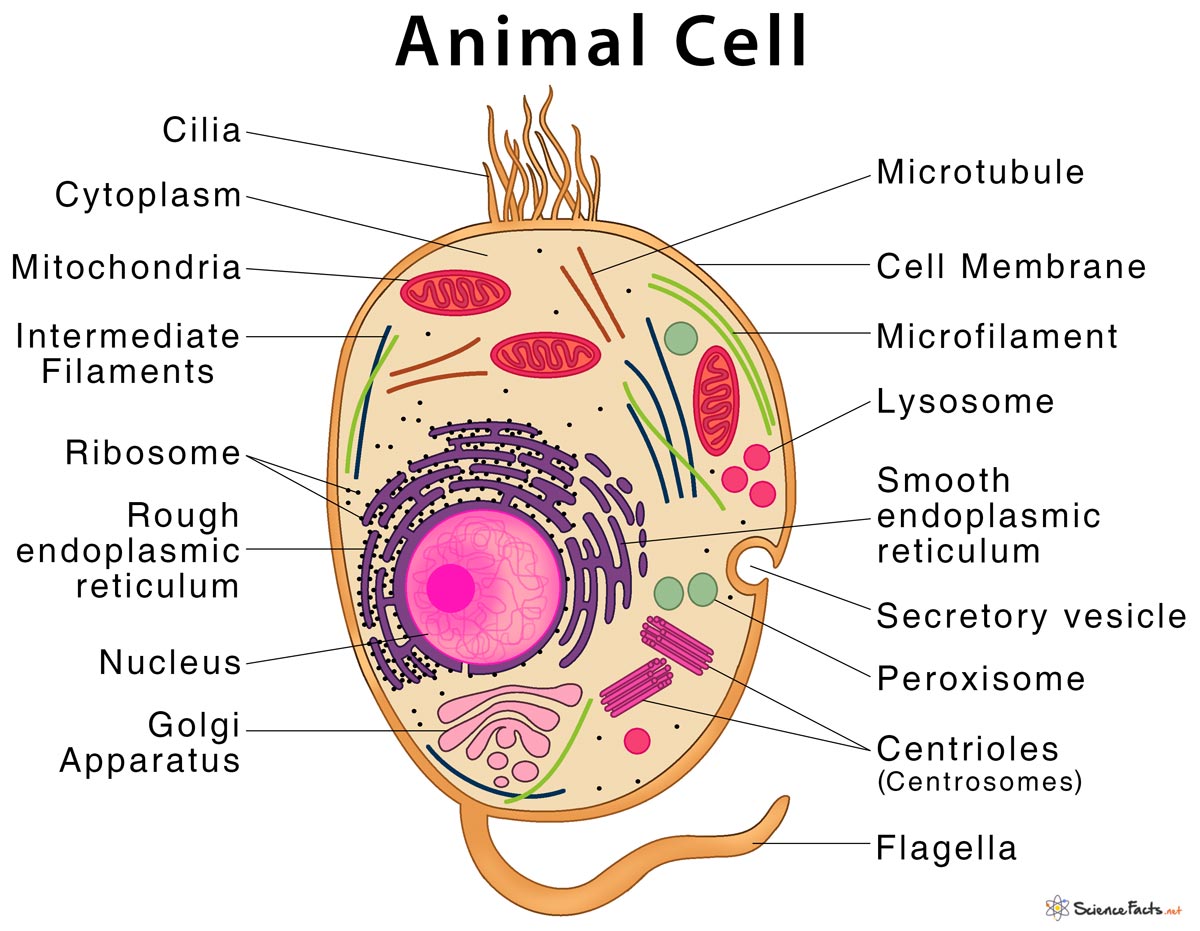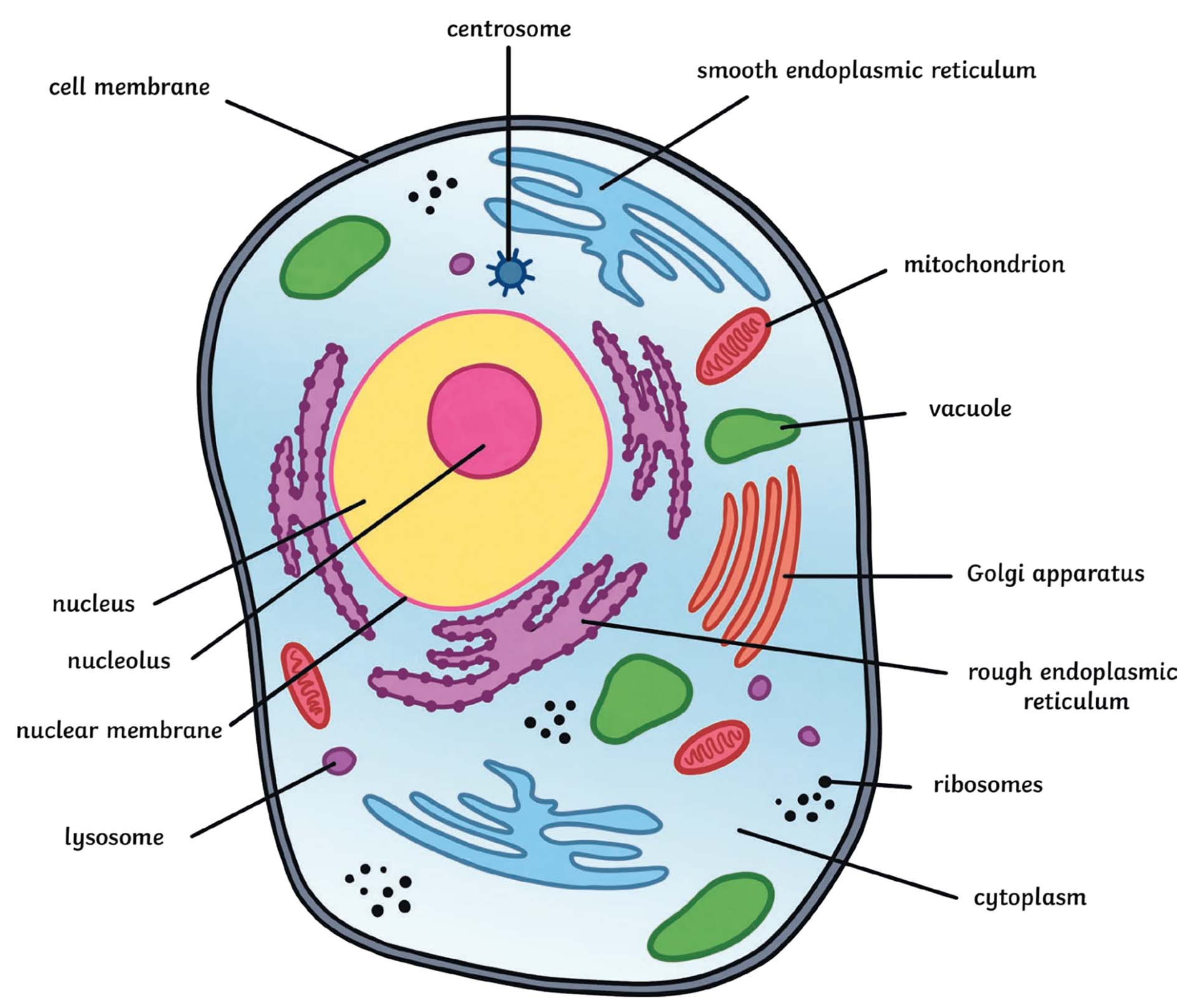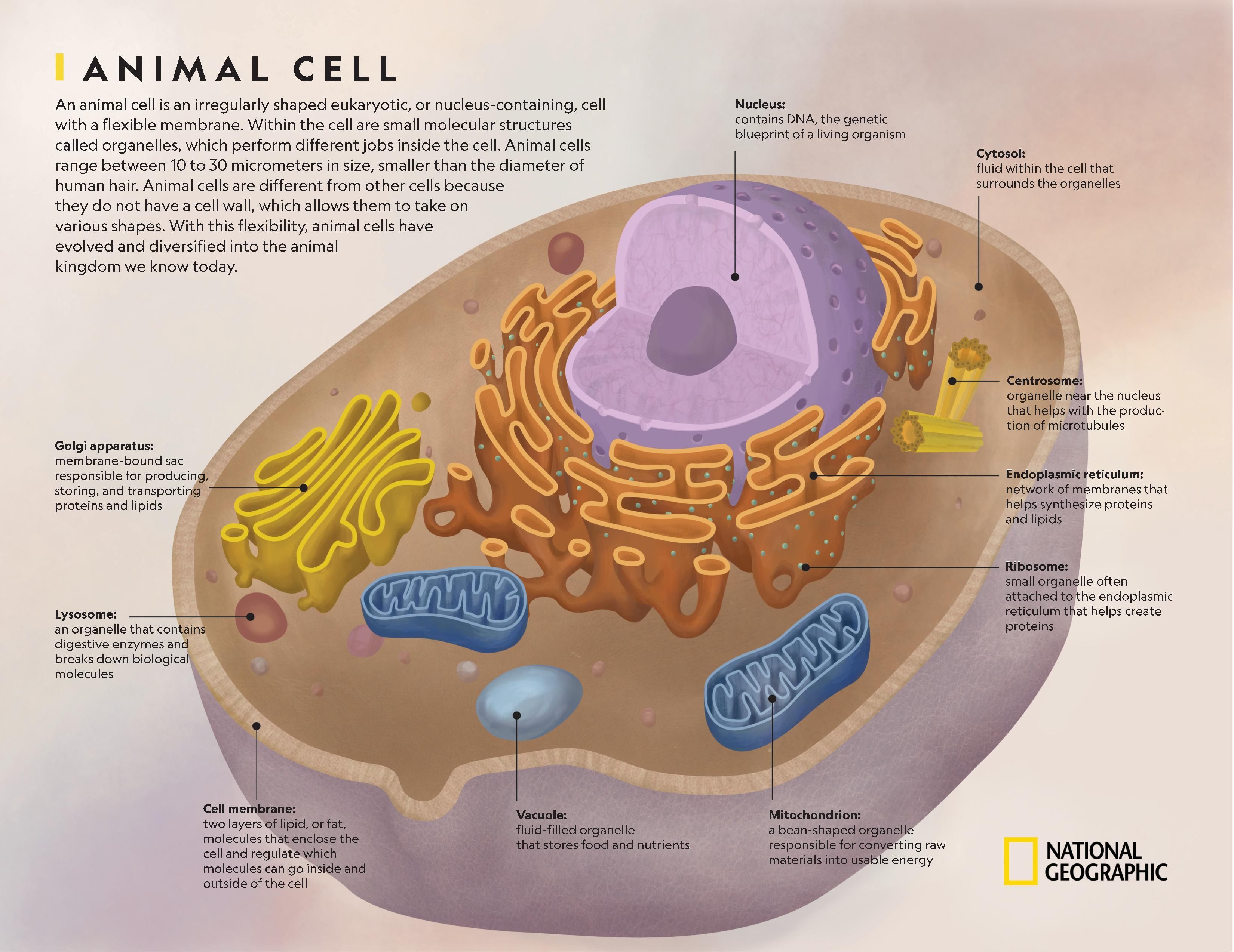Facts About Animals Cells

Animal cells are mainly involved in the transportation of water oxygen and other soluble substances through their cell membranes.
Facts about animals cells. An animal cell can have a size between 001 and 003 millimeters while a plant cell can have a size between 001 and 01 millimeters. Not all animal cells do have a nucleus however. An important fact about animal cells is that they are eukaryotic cells.
Plant cells also contain a single extra-large vacuole which takes up most of the space in the cell and keeps it plump and turgid. The organelles in animal cells. Almost all of a cells DNA is kept inside its nucleus.
By Chidinma Okparanta for the National Institutes of Health November 13 2014. Facts about Animal and Plant Cells 1. They differ greatly from plant cells and have different cell types that work differently.
This region includes the nucleoid cytoplasm and ribosomes. In general animal cells are eukaryotic which means they have a nucleus. This is made up of the cell wall membrane and capsule.
Red blood cell size relative to the animal also differs between species. The DNA in the animal cells is located within the nucleus. Cells that make up animal tissues are sometimes woven together with extracellular fibers and are occasionally held together by a sticky substance that coats the cells.
Developing nerve cells with. Not all prokaryotic cells have flagella. Cell is the smallest unit part of plants animals and all other living things.



















